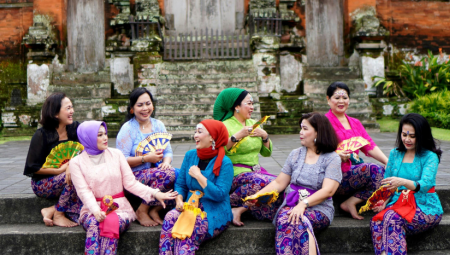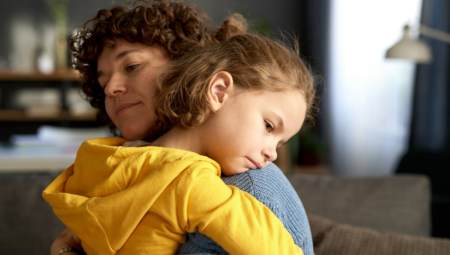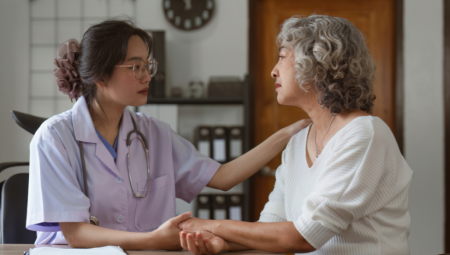Background
People with learning disabilities don’t get the help they need to take care of their bodies, and important issues like periods, sex and pregnancy are ‘swept under the carpet’. Many people with learning disabilities don’t get to make decisions about having babies or taking care of them. This is a problem because it doesn’t think about the bigger issues, like how some people get better healthcare and support than others (health inequalities) or when people are treated unfairly because of their gender or disability (discrimination). People with learning disabilities don’t get to talk about these issues very often. Through this project, we want to change that.
Project Aims
- Our main aim is to create a fair and long-lasting partnership between people with learning disabilities, university researchers, and those in policy and practice roles on the topic of reproductive health.
- We will all work together using new and creative approaches to figure out what is most important to research.
- Then, we will turn these important issues into a research idea.
- We will engage with people in our communities, including people with learning disabilities, to come up with a robust research agenda (and research proposal/s) that tackle the issues that matter to them.
Project Activity
The project will be carried over 18-months, in four phases:
- Phase 1: we will learn from each other’s experiences to come up with new and creative ways of doing research together.
- Phase 2: we will find out what is important to research by listening to, talking with, and watching what happens for people with learning disabilities in our communities.
- Phase 3: we will run workshops, inviting people with learning disabilities and those in policy and practice roles to help us turn the issues that are most important to people into a research idea.
- Phase 4: we will see how this partnership has impacted on the people involved. We will also share what we have learned to guide future inclusive research partnerships.
Anticipated or actual outputs
This project will generate knowledge about novel and different approaches to public partnership working that that will inform future health and social care research funded by PGfAR, and health and social care research more broadly.
WP4 will initiate the dissemination of the project by involving key stakeholders to implement change. Through our networks and existing links, we will disseminate our findings with local health care and public health providers (e.g. Norfolk and Waveney ICB who are hosting this award; Suffolk and North East Essex ICB, Norfolk County Council; NHS Humber and North Yorkshire ICB); as well as national healthcare organisations and charities (e.g. NHS England; Learning Disability England the Faculty of Sexual and Reproductive Health care (FSRH)).
Community partners, Ace Anglia and Inclusion North, support approximately 3000 people with learning disabilities per annum, and the work will be disseminated nationally across them.
The findings from the development work will be produced in a range of accessible formats (e.g., easy-read summaries, videos, blog posts – depending on what people want). These will be disseminated to relevant public, practice and policy stakeholders, and shared with the NIHR PGfAR and other schemes to help inform future inclusive collaborations. We will also write a research article together with our co-researchers.
We will also host an online dissemination event to share our findings nationally; and co-author one peer-reviewed journal article with co-researchers.
Who is involved?
- Alex Kaley (PI), University of East Anglia
- Rachael Eastham (Co-I) Lancaster
- Ewen Speed (Co-I) University of Essex
- Community co-investigators, Inclusion North and Ace Anglia
Contact
Alex Kaley- a.kaley@uea.ac.uk





